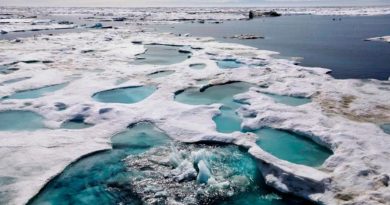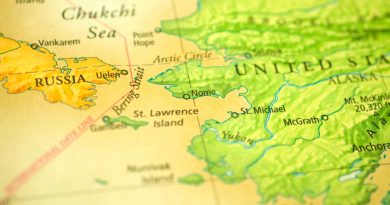Greenland soccer demands meeting after CONCACAF rejection, vows to fight back
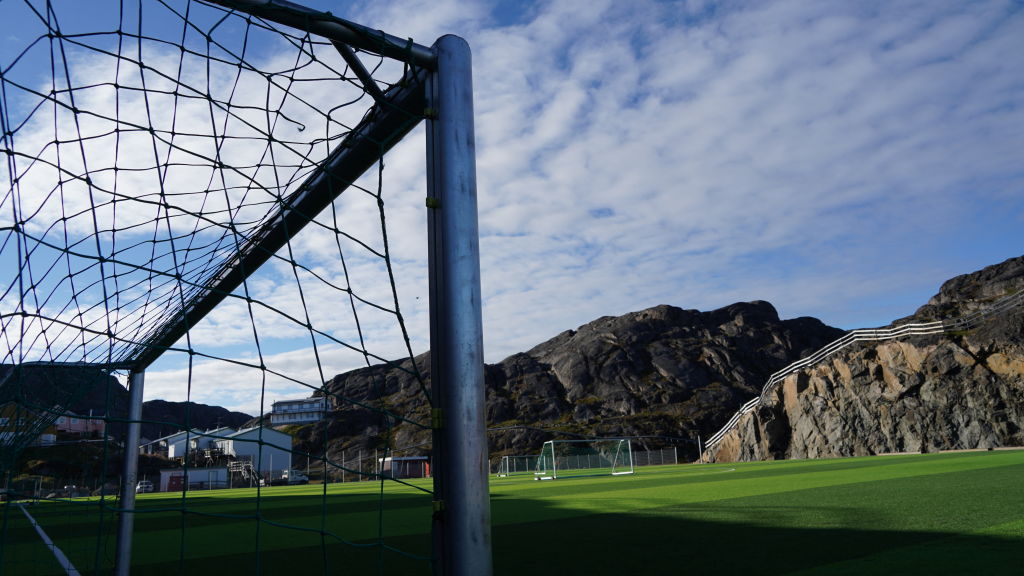
The Greenlandic Football Association is pushing back after CONCACAF’s unanimous rejection of Greenland’s bid to join the soccer confederation.
The association, known by its Greenlandic acronym, KAK, has formally requested a meeting with CONCACAF General Secretary Philippe Moggio to discuss the decision and raise concerns about the process used.
“We’ve spent about a day evaluating the rejection from CONCACAF,” KAK’s chairman, Kenneth Kleist, said.
“In that context, we’ve requested a meeting this month with General Secretary Philippe Moggio, so we can discuss the rejection and the process, as we have several comments on the procedure that was used.”
National team coach Morten Rutkjær acknowledged the rejection was a major setback but said it would not deter Greenland’s football ambitions.
“The dream of international matches remains intact, but in the short term, it means we need to redefine our goals and development projects for women, men, children, and youth.”
‘Years of work, dismissed without further explanation’
The move comes after CONCACAF’s 28th Extraordinary Congress on Monday, when delegates unanimously voted against Greenland joining the 41-member soccer confederation representing North America, Central America, and the Caribbean.
CONCACAF is the governing body for soccer in North America, Central America, and the Caribbean.
One of six FIFA-backed federations, CONCACAF runs the Gold Cup, handles World Cup qualifiers for North and Central America and the Caribbean, and backs the sport’s growth from the grassroots to the professional levels of its member nations.
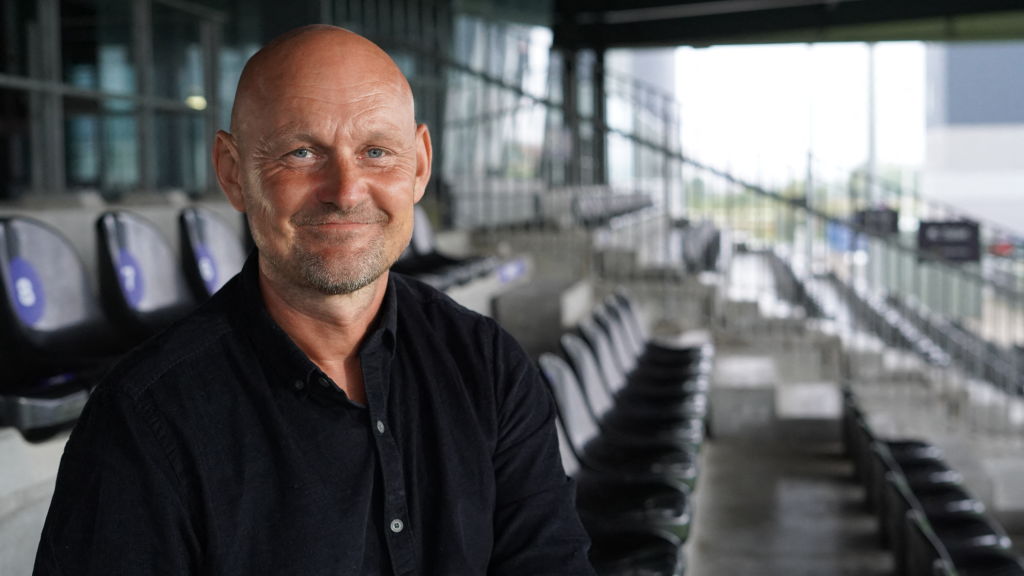
Kleist called the rejection “a setback for places like Greenland” and criticized the decision for limiting smaller nations’ access to international football.
“This is not a victory for football democracy, it does not make football accessible to everyone globally, and it shows that smaller nations are facing extreme difficulties in getting permission to play under their own flag,” he said shortly after the vote.
The Greenland Football Association’s application was submitted on May 13, 2024, after several years of preparation, something Kleist said speaks to Greenland’s perseverance and commitment to being part of the international football community.
“An application of this nature requires the support of the entire country,” he said in a statement on Tuesday.
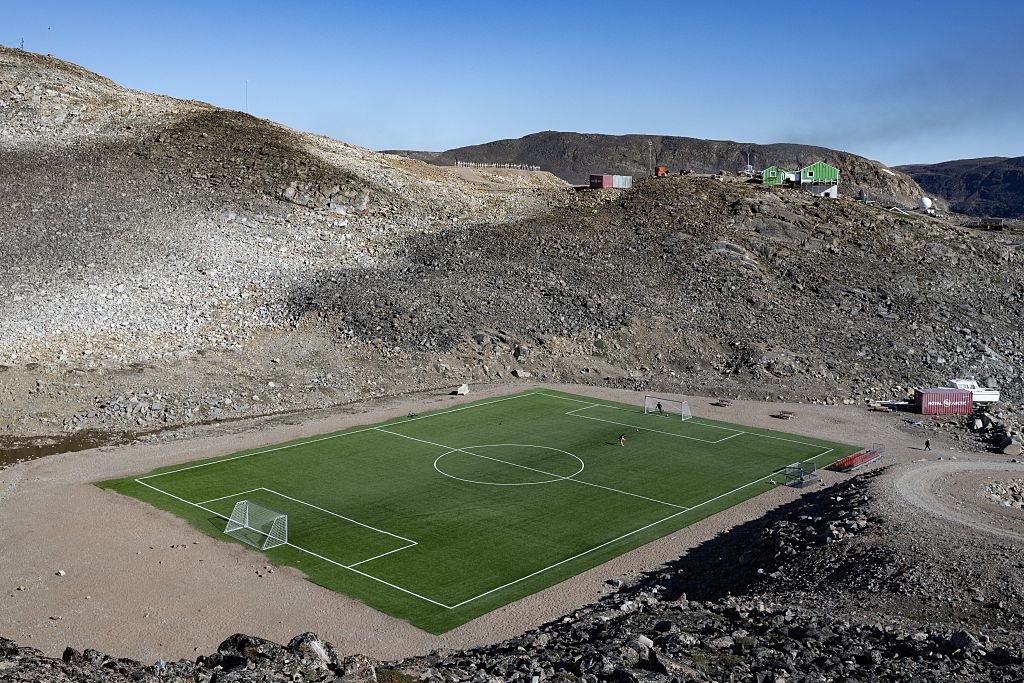
“We’ve had clubs, other specialist organizations, politicians, and ambassadors for Greenlandic football committed to this application. We’ve developed a highly elaborate strategy for all teams across all age groups, for training coaches, referees, and leaders—not to mention the mapping of infrastructure, finances, marketing, sponsorships, rights, and conditions for opponents and officials.
“This represents years of work, which has been dismissed without further explanation.”
AIRDOMES still planned across the country
Rutkjær said he’s spent time networking with coaches and officials worldwide, and that there’s widespread support for Greenland’s football ambitions.
“Everyone has responded positively to our project; there’s great sympathy for Greenland and our ambitions,” he said in a statement from KAK.
“Few of those I’ve met with are better organized or have a better plan than KAK. We are on par with other small nations in CONCACAF—in both structure and quality of play. That’s why we’re puzzled we haven’t been given the chance to prove ourselves, for example through a two-year associate agreement, which CONCACAF has the option to offer.”
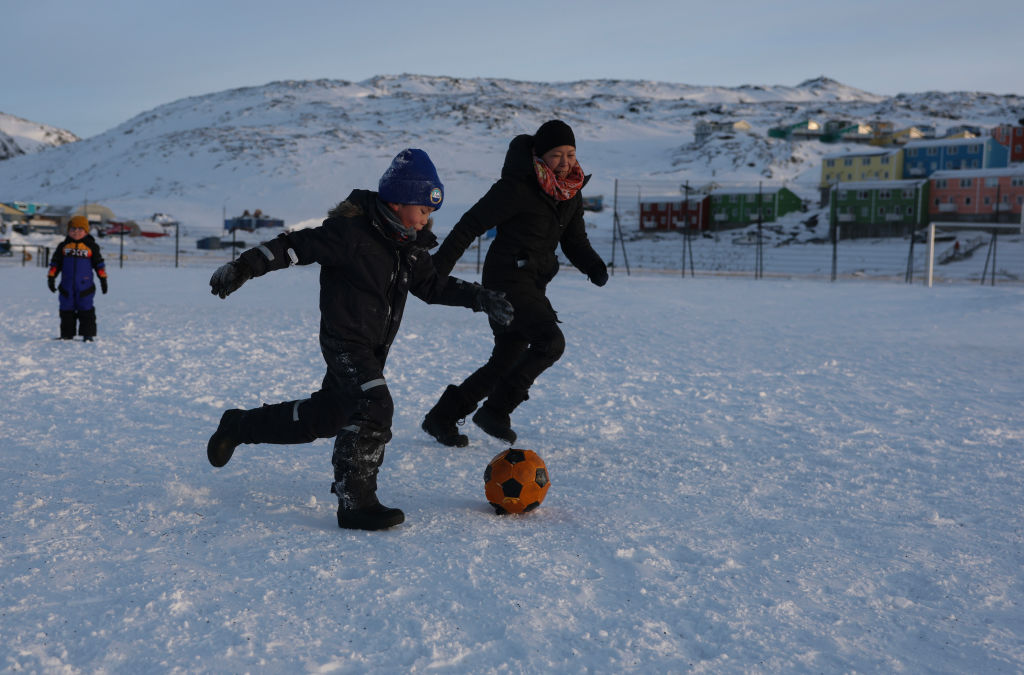
- Greenland’s population: Approx. 56,000
- Active football players: Nearly 6,000 (about 11% of population)
- Soccer development focus: Women, men, children, youth, coaches, referees, and leaders
- Infrastructure plans: Covered pitches with AIRDOMES to support year-round play
- Greenland’s current status: Not a CONCACAF member, exploring international opportunities
Greenland’s football leaders said they had a “strong strategy” and that the rejection won’t deter them from growing the sport.
“In the coming period, we’ll accelerate the strengthening of our internal structures so that the football culture remains strong and ambitious—and we’ll ensure that players at all levels feel our commitment to professionalism, safety, and equality, blended with play, education, and public health,” Kleist said.
“We’re confident that with a long-term plan—including covered pitches with AIRDOMES across the country—we will significantly develop the sport in the coming years, even without recognition from CONCACAF.”
‘Obligation to show CONCACAF made wrong decision’
“We have a huge obligation to show CONCACAF that they made the wrong decision,” Rutkjaer said. “We need to work just as hard as before, strengthening all levels, processes, and unity in Greenland.”
“At the same time, we will continue fighting to play internationally. There are still opportunities, and we’re already exploring them.”
In the meantime KAK Chairman Kleist put the international football community on notice.
“The football world hasn’t heard the last roar of victory: Kalaallit Nunaat,” Kleist concluded on behalf of the team and the country’s football community.
Comments, tips or story ideas? Contact Eilís at eilis.quinn(at)cbc.ca
Related stories from around the North:
Canada: Hockey players ‘bummed’ Team North may not compete at next Indigenous tournament, CBC News
Greenland: Greenland FA chief slams CONCACAF rejection as ‘setback for football democracy’, Eye on the Arctic
Finland: Ice fishing World Championships latest in Finnish series of odd sports events, Yle News
United States: Veteran musher Brent Sass wins Yukon Quest 300, CBC News

